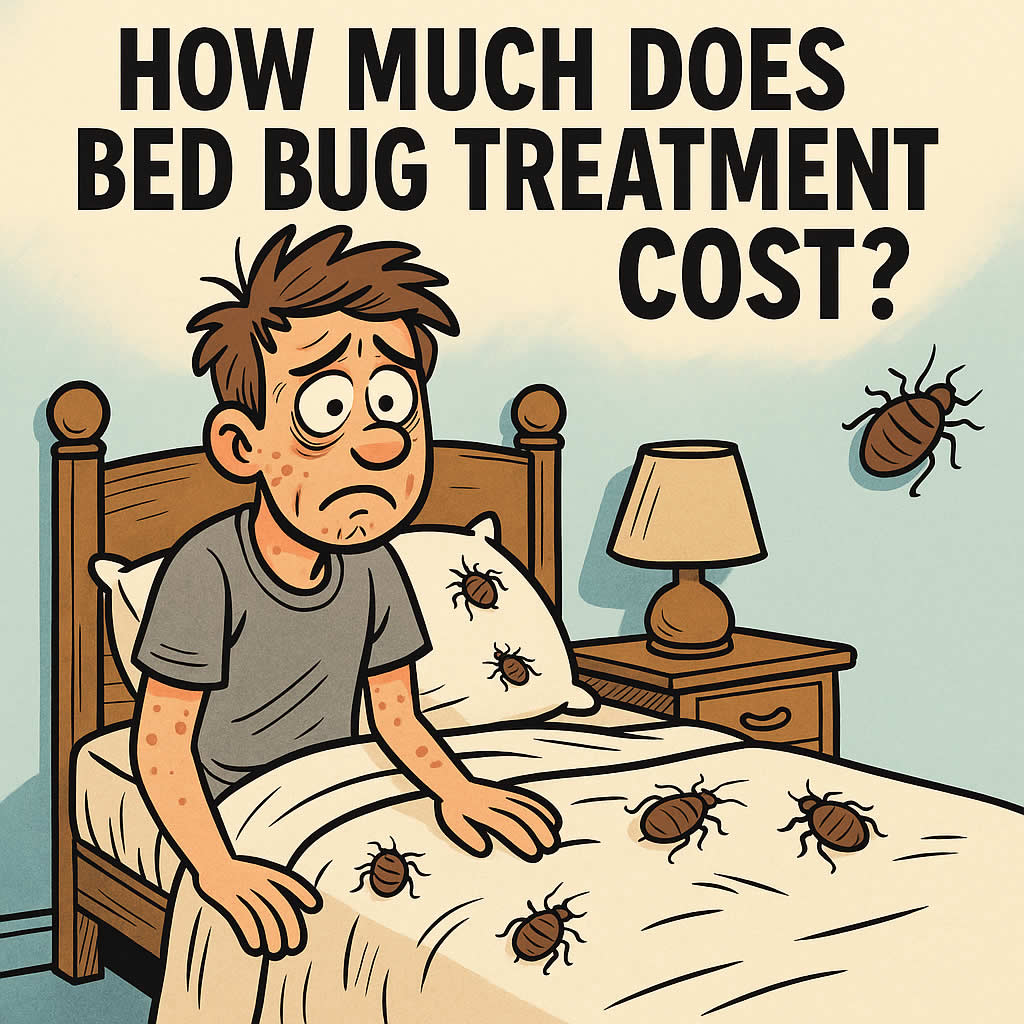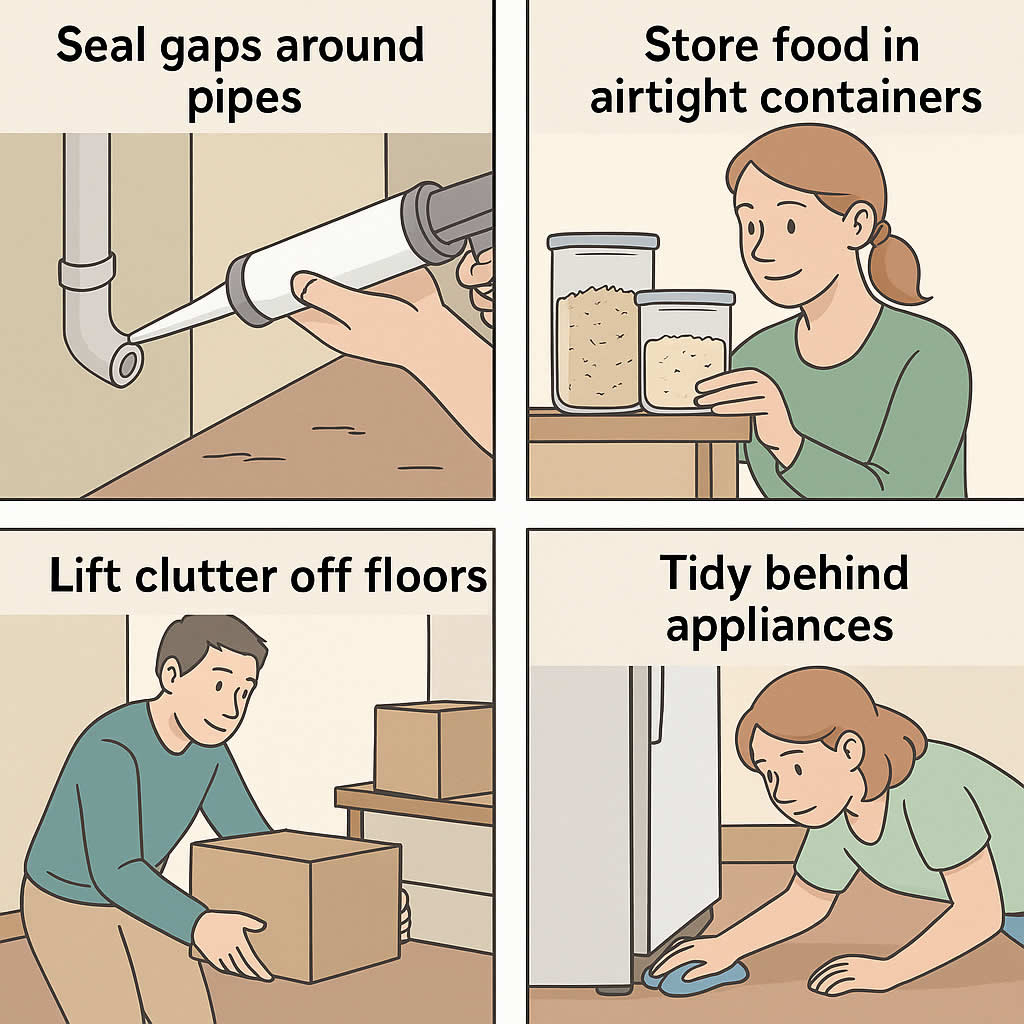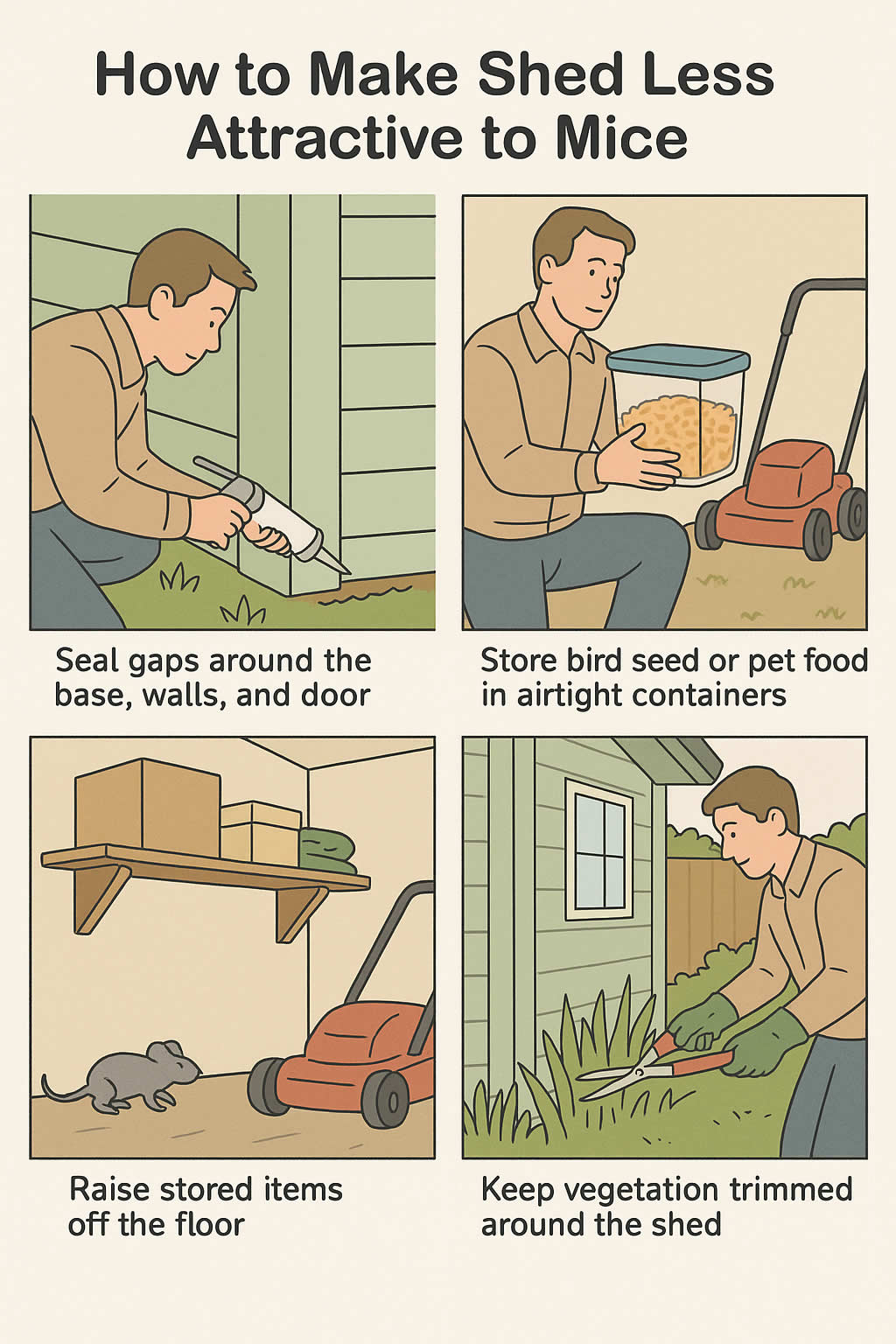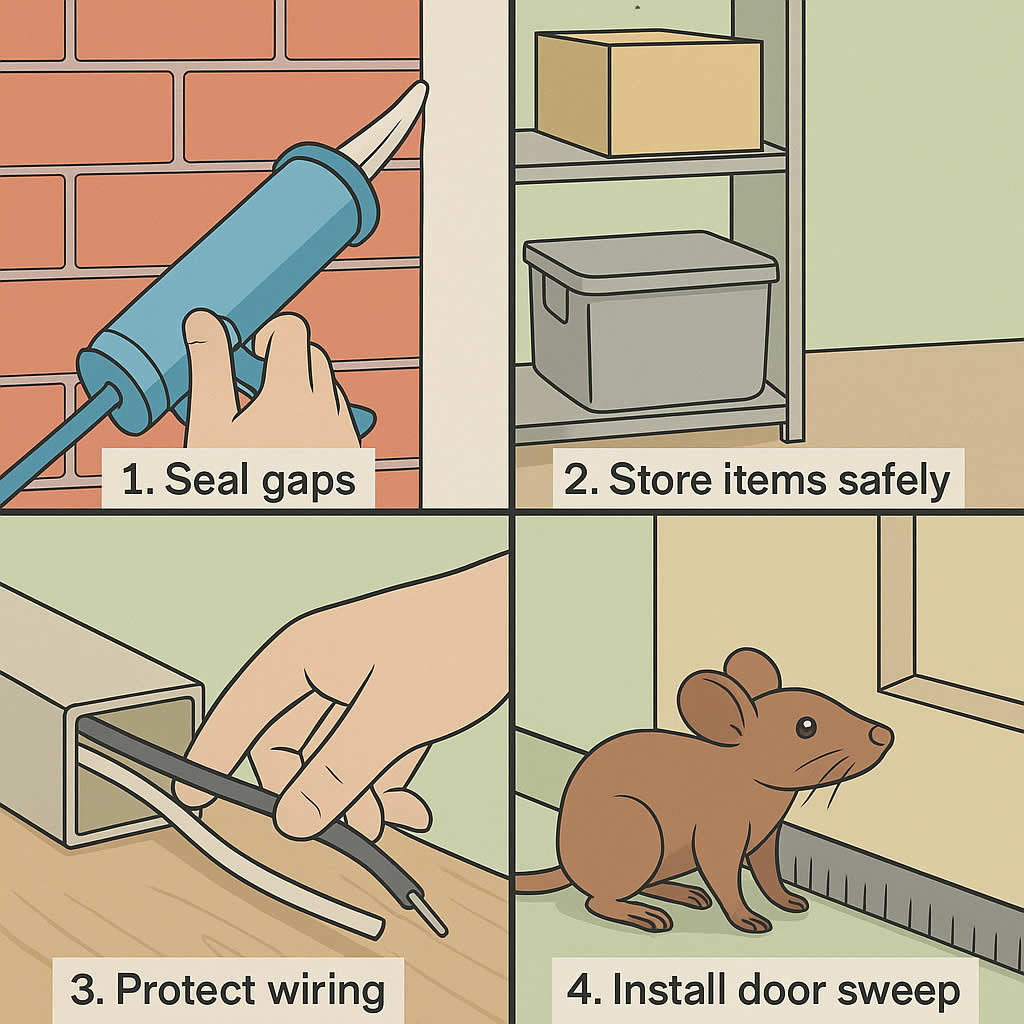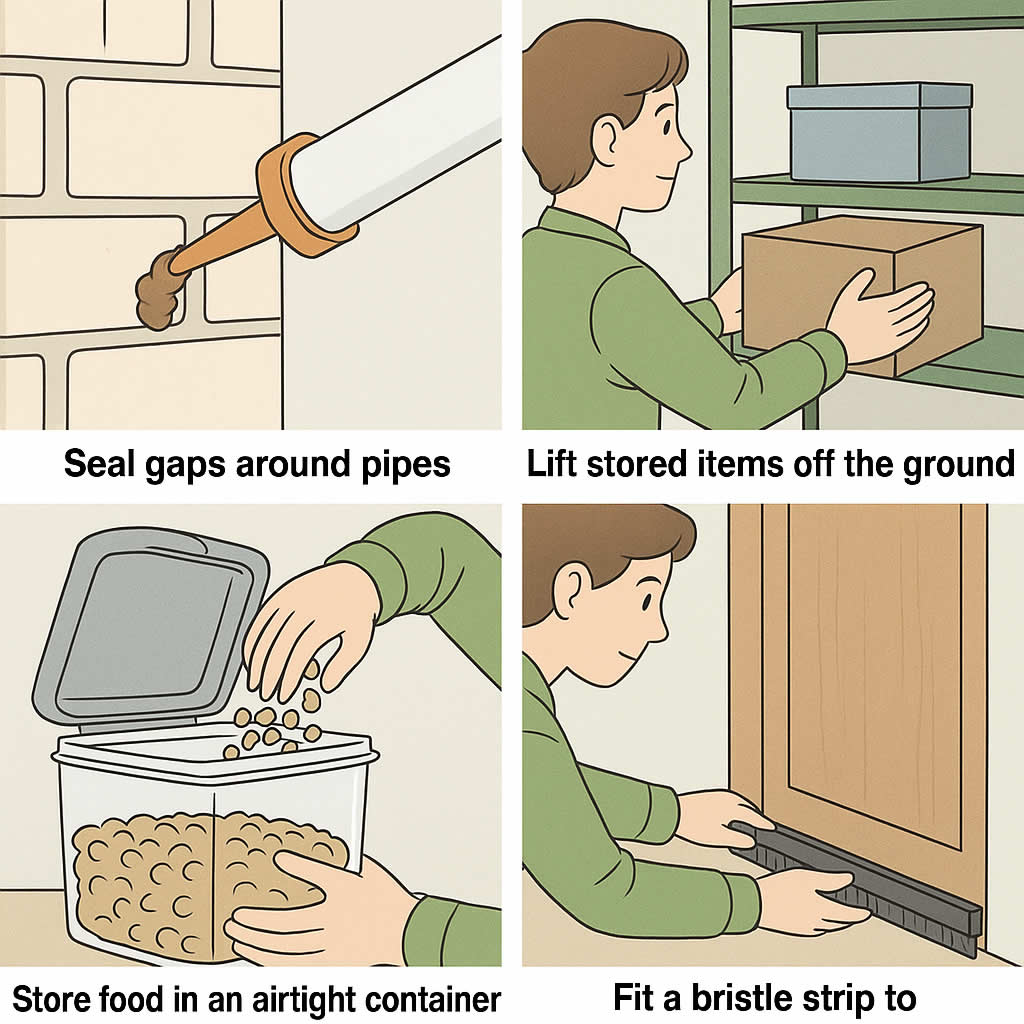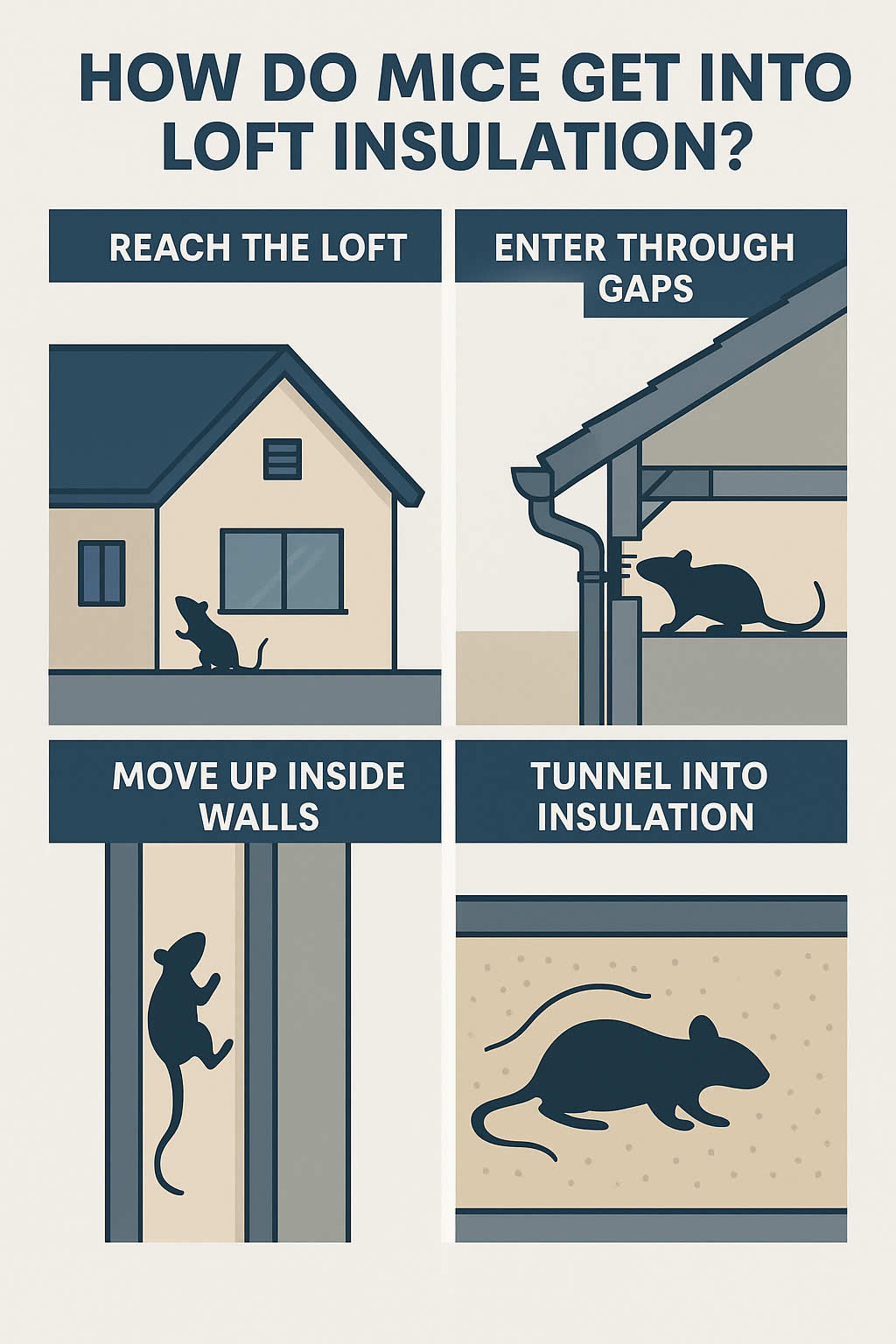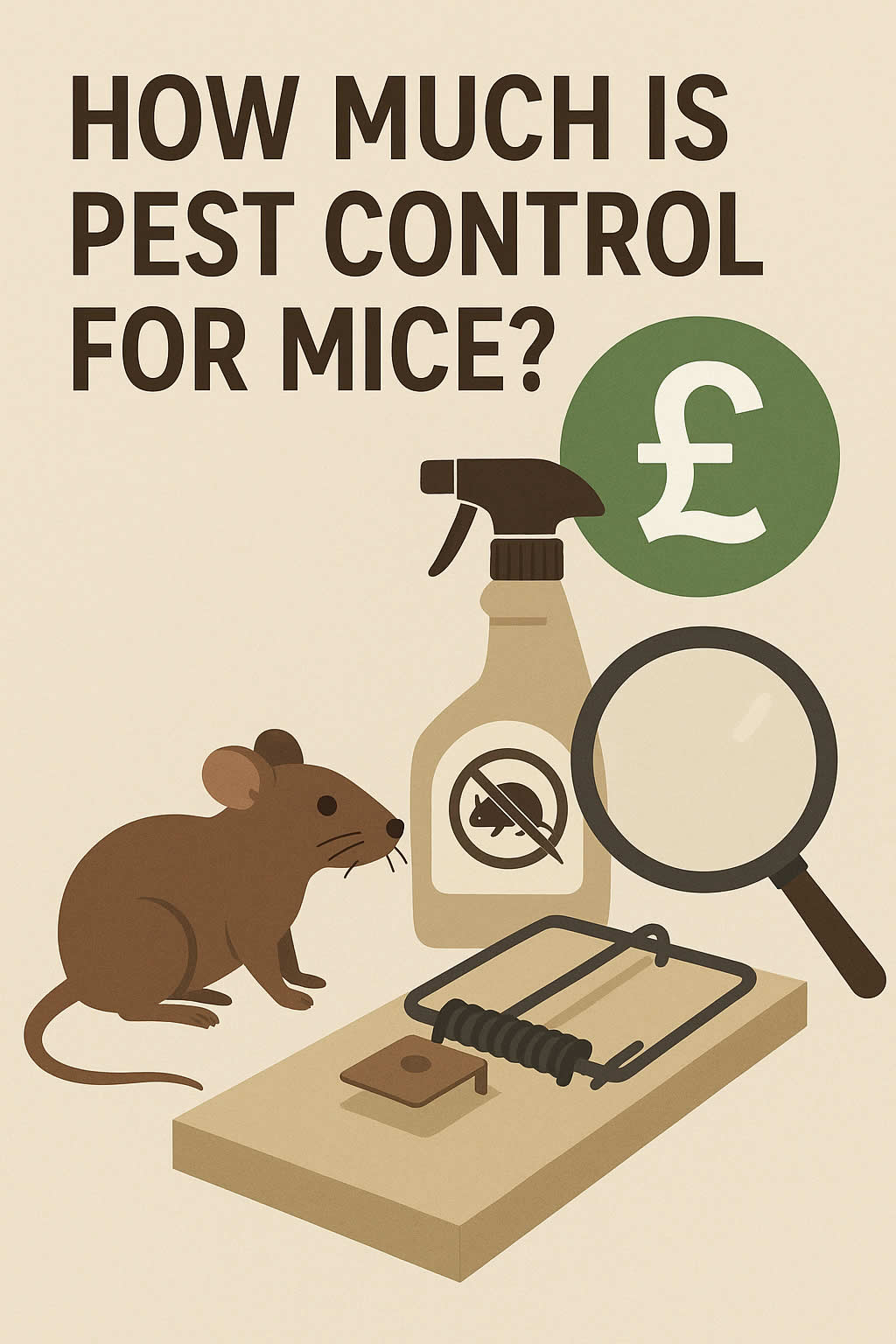Related Queries
ToggleIf you’ve found signs of bed bugs in your home, chances are your first thought is “how much is this going to cost me?” It’s a fair question. Bed bugs are stressful, uncomfortable, and disruptive. The last thing you want is to be left in the dark about how much you’ll have to spend to get rid of them.
The truth is, the cost of bed bug treatment isn’t a one-size-fits-all figure. It depends on several factors: the size of your home, the severity of the infestation, and the method of treatment you choose. Let’s look at what you can expect, why prices vary, and what you’re actually paying for when you decide to tackle the problem.
Why does the cost of bed bug treatment vary so much?
You might come across very different price ranges when you start researching. That’s because there isn’t just one type of bed bug treatment. Costs shift depending on how many rooms need treating, how deeply the bugs have spread, and the level of service you choose. For example, a small flat with a minor infestation may only need a single treatment, while a larger home with a long-term problem could require multiple visits and specialist equipment.
Another reason costs vary is the method used. Heat treatments, chemical sprays, and integrated approaches all have different price points. Some treatments are more labour-intensive, some require expensive machinery, and some involve return visits for follow-up.
Think of it like any other household repair. Replacing a single tile is cheaper than redoing the whole bathroom. In the same way, if the infestation is caught early, the price is far more manageable.
What are the average costs for bed bug treatment in the UK?
For a rough guide, you’ll usually see costs starting at around £200 to £300 for a single room. Treating an average two- to three-bedroom home can range between £500 and £1,000, depending on how extensive the infestation is.
Heat treatment, which is one of the most effective ways to kill bed bugs in all life stages, can be more expensive. Expect to pay from £600 upwards, with whole-home treatments often crossing the £1,500 mark. Chemical treatments, on the other hand, can be slightly cheaper initially, but they may require repeat visits, which adds to the overall price.
It’s important to see these figures as guidance rather than fixed costs. Every situation is different, and most pest control companies will want to inspect your property before giving you a final quote.
What treatment options are available, and how do they affect price?
There are three main approaches to bed bug treatment: chemical, heat, and combined methods.
- Chemical treatments use insecticides sprayed onto affected areas. They’re usually cheaper upfront, but bed bugs can sometimes resist certain chemicals. Because of this, repeat visits may be needed, which can push costs higher over time.
- Heat treatments involve raising the temperature of a room or property high enough to kill bed bugs at every stage, from eggs to adults. This is highly effective but requires specialist heaters and trained technicians, making it more expensive.
- Combined treatments often use a mix of heat and chemical solutions. While this can be the most thorough option, it often comes at a higher price point because you’re paying for multiple methods.
When deciding, think not just about cost today, but cost over the long term. A cheaper option may seem appealing, but if it doesn’t clear the infestation, you may end up spending more overall.
Is DIY bed bug treatment cheaper than hiring a professional?
It’s tempting to try and save money by handling the problem yourself. DIY sprays, powders, and traps are widely available and often cost under £50. But the challenge with bed bugs is how resilient and hidden they can be. They live in mattress seams, bed frames, furniture joints, even behind skirting boards. Missing just a few bugs or eggs can allow the infestation to bounce back within weeks.
Many people who try DIY methods end up calling in professionals later on, which means they’ve paid twice—once for the failed attempt, and again for proper treatment. While DIY can be a stopgap, it’s rarely enough to solve a serious infestation. If your main concern is getting rid of bed bugs permanently, professional treatment is usually more cost-effective in the long run.
Are there hidden costs to watch out for?
The upfront quote is only part of the picture. There are sometimes additional expenses you might not think about straight away. For example, you may need to buy protective mattress covers to stop re-infestation, or pay for extra cleaning services to deal with contaminated bedding and clothing.
In severe cases, you may even have to replace mattresses or furniture that can’t be properly treated. This isn’t always necessary, but it’s worth being aware that bed bug problems can spill over into extra household costs if left untreated too long.
Also, don’t overlook the emotional and practical impact. The stress, lack of sleep, and disruption to daily life all come at a price, even if it isn’t financial.
Do guarantees affect the price?
Some pest control companies offer guarantees, promising to return for free if bed bugs come back within a set period. This can make treatment more expensive upfront, but it adds peace of mind. You’re not just paying for the service on the day—you’re also buying reassurance that you won’t be left alone if the bugs reappear.
If one company is cheaper but doesn’t provide a guarantee, it might end up costing you more if you have to book another round of treatment later. Always weigh the value of guarantees when comparing quotes.
What’s the most cost-effective option in the long run?
The cheapest treatment isn’t always the best value. A professional heat treatment may feel expensive compared to chemical sprays, but if it clears the infestation in one go, you save yourself repeat visits, sleepless nights, and ongoing stress. Similarly, choosing a company that offers a guarantee might mean paying more upfront but less overall.
The most cost-effective option is usually the one that balances success rate, speed, and support. If the bugs are gone and you can get back to normal life, that’s money well spent.
How can you keep costs down without cutting corners?
You can take a few steps to manage costs:
- Act quickly. The sooner you deal with the problem, the less it spreads and the cheaper it is to fix.
- Prepare properly. Follow the company’s instructions for clearing clutter, laundering bedding, and vacuuming before treatment. This helps the treatment work first time.
- Compare providers. Get at least two or three quotes and ask exactly what’s included.
- Check credentials. Make sure the company is a member of a recognised body such as the British Pest Control Association (BPCA). This reduces the risk of paying for poor-quality work.
These steps don’t just save money—they also increase the chances that your treatment will work the first time.
Should you replace your mattress or furniture?
This is a common worry, and it can add a big expense. In most cases, professional treatments mean you don’t have to throw away beds or sofas. However, if furniture is heavily infested and can’t be effectively treated, replacement may be the only option. Before you decide, ask the pest control company for honest advice. They’ll usually let you know whether items can be saved.
Is bed bug treatment worth the cost?
It’s natural to hesitate when you see the price tag, but think about what you’re paying for. You’re buying back peace of mind, proper rest, and a safe living space. Bed bugs don’t go away on their own, and ignoring the problem can make it much worse—and more expensive—down the line.
Yes, treatment can be costly, but it’s also an investment in your health and comfort. Once the infestation is dealt with, you can move forward without the constant worry of bites, itching, and sleepless nights.
Final thoughts: what should you do next?
If you’ve spotted signs of bed bugs, the most important step is to act quickly. Get in touch with a professional pest control company, ask for a clear quote, and check what’s included. Look beyond the cheapest price and think about guarantees, effectiveness, and long-term results.
Bed bug treatment isn’t cheap, but it’s a solution to a problem that won’t fix itself. By investing in proper treatment, you protect your home, your wellbeing, and your future comfort.
If you’re dealing with this problem right now, take the first step today. Speak to a trusted pest control specialist, ask the right questions, and put a plan in place. That way, you can finally get back the calm, clean home you deserve.

